A frequently cited but elusive study, attributed to the Stanford Research Institute and Carnegie Mellon Foundation, suggests that 75% of long-lasting career successes stem from soft skills like communication, rather than technical proficiency. Additionally, research conducted by Stewart et al at Southern Connecticut State University underscores the consistent prioritization of communication skills among employers.
As May marks Better Speech and Language Month, it presents an opportune moment to acquire insights for refining essential communication abilities. Esteemed professionals, ranging from Public Speaking Coaches to CEOs, generously impart transformative strategies for fostering confidence in both personal and professional interactions.
Here’s what they have to say.
End Sentences with Authority
Don’t use upspeak! Instead of saying: ‘Welcome to my presentation?’ Better say: ‘Welcome to my presentation.’ If the last syllable of your sentence is lower in tone than the second-to-last syllable, your sentence ends on a down note. This way, it won’t sound like a question, but more like a powerful message. It will make you feel and look more confident.
Herman Otten, Public Speaking Coach, PublicSpeaking.NYC
Embrace Your Unique Voice
Learn to fall in love with the sound of your voice. Overwhelmingly, people don’t like the way they sound on a recording. You cannot improve as a speaker in any aspect of your life if you don’t embrace your unique, one-of-a-kind voice. Our voices are like fingerprints; no one else sounds exactly like you. Accepting and loving how you sound is the first step to improving your oral communication skills.
Rosemary Ravinal, Bilingual Speaker Coach, TEDx Speaker, Author, RMR Communications Consulting
Evaluate Yourself with Recordings
One key to improving your public speaking is to evaluate your current abilities. First, record yourself speaking. Thanks to video conferencing, this is easier to do than ever. Simply start a meeting, hit record, then watch the playback. Observe your body language, speech patterns, speed, and tone. Watch for any nervous tics, fidgets, or overused words. Being your own audience is an excellent way to evaluate yourself honestly and pick up on distracting habits you might otherwise be blind to in the moment. While the first watch might make you cringe, each subsequent recording will chart your growth.
Michael Alexis, CEO, teambuilding.com
Expand Vocabulary Through Reading
Reading is a great way to improve your speech and language skills, particularly if you make an effort to explore a variety of genres, authors, and topics.
Whether you read online materials, novels, poetry, or non-fiction books, you can pick up new words and ideas to enhance your conversations with others. If you come across an unfamiliar word, don’t skip over it. Instead, look it up in a dictionary and perhaps even write it down, keeping a list of new words you want to practice using.
If you lack confidence in speaking, especially if English is not your first language, try reading out loud. This will help you become more familiar with different styles of speech so you can adapt your own language when communicating in personal and professional settings.
Amanda Napitu, Founder, Improving Your English
Combine Active Listening and Practice
Individuals can improve their speech and language skills by engaging in a two-pronged strategy: firstly, by engaging in active listening to expand their vocabulary, and secondly, by putting what they’ve learned into practice.
For example, a very effective method to improve one’s listening skills is to listen to high-level podcasts and TED Talks. This allows you to absorb diverse speech patterns and vocabulary while also actively focusing on the speakers’ intonation, pronunciation, and word choice to determine effective methods and speech patterns in addition to strong and confident body language.
But it’s not enough to simply practice active listening. Participating, even if just on occasion, in public speaking-centered groups or platforms like Toastmasters helps you develop what you learn and, most importantly, receive constructive feedback to keep improving.
This dual approach can allow individuals to communicate more effectively and confidently in both personal and professional settings.
Eva Chan, Certified Professional Resume Writer (CPRW) and Senior Content Specialist, Resume Genius
Mind Your Nonverbal Communication
One way to boost your speaking and language skills is to be mindful of your nonverbal communication. Your facial expressions, gestures, and how you carry yourself often say more than your actual words, which is super important for better communication, both personally and at work!
Why does this matter? Well, nonverbal cues can impact others 65 to 93 percent more than what you say. We usually trust what we see in someone’s actions more than their words, especially if they don’t match up.
Leaders really need to get good at reading these nonverbal signs. For instance, if an employee doesn’t want to say they disagree or are worried, you might notice it instead in their crossed arms or that they won’t look you in the eye. If you can pick up on these hints, you can change how you talk to them to make things better.
Also, leaders need to watch their own nonverbal cues. Your body language should match your words. If they don’t, it can confuse people. At worst, it can weaken what you’re trying to say and make your team doubt you, your company, and even themselves.
Oliver Cordingley, Founder and CEO, Career Expert, OurGen
Join Book Clubs for Practice
What has worked for me is joining book clubs! Engaging in regular discussions about various literary works not only exposes individuals to diverse vocabulary and language structures, but also provides opportunities to practice articulating thoughts and ideas in a group setting. Through book club meetings, participants can refine their communication skills by expressing opinions, asking questions, and engaging in meaningful dialogue with others. Additionally, the exposure to different writing styles and genres fosters adaptability in language usage, allowing individuals to become more versatile and proficient communicators across different contexts.
By actively participating in book clubs, individuals can improve their speech and language skills, and develop valuable interpersonal and critical-thinking abilities that are essential in personal and professional settings. The structured yet informal nature of book club discussions encourages active listening, empathy, and the ability to consider multiple perspectives—skills that are integral to effective communication. Furthermore, the supportive and collaborative environment of book clubs fosters confidence in expressing oneself and engaging in constructive dialogue, ultimately empowering individuals to communicate more confidently and persuasively in various social and professional situations.
Michael Hurwitz, CEO and Co-Founder, Careers in Government
Participate in Public Speaking Groups
In law school, engaging in public-speaking assignments, such as mock court proceedings, greatly enhanced my speech and language skills. While I recognize these opportunities may not be universally available, joining organizations like Toastmasters would likely offer a similar benefit. Participating in Toastmasters or similar groups provides a structured environment to practice public speaking, receive constructive feedback, and refine communication abilities, fostering greater confidence and effectiveness in both personal and professional contexts.
Luke Smith, Attorney and Founder, LawSmith PLLC
Embrace Simplicity and Clarity
In my journey as a founder in the digital marketing and software sectors, I’ve learned that mastering communication is as crucial as any technical skill. One transformative practice I’ve adopted is embracing simplicity and clarity in speech and written communication. In the environments of start-ups, it’s vital to communicate your ideas clearly and succinctly to capture and maintain the attention of your team and clients.
For instance, in sales pitches and client meetings, I make it a point to break down complex digital marketing strategies into easily digestible parts. This doesn’t just help in making the information more accessible but also in engaging the listener. I often use analogies related to familiar concepts, which helps bridge the gap between technical jargon and understanding.
Additionally, I’ve found that regular practice through structured internal presentations has immensely improved my linguistic precision and confidence. By regularly presenting new marketing strategies or software updates to my team, I not only hone my language skills but also receive vital feedback. This iterative process encourages continuous improvement and helps maintain clarity in communication, ensuring that innovative ideas are effectively conveyed and understood. Each of these practices can be applied in both personal and professional settings to enhance communicative effectiveness.
Joe Amaral, Founder & COO, Anthem Software
Practice Precision Questioning
In my experience in the courtroom as a former prosecutor and now a defense attorney, being an effective communicator is absolutely essential. One way individuals can improve their speech and language skills is through the practice of “precision questioning.” This technique has been instrumental in both my advocacy work and in training young attorneys.
Precision questioning is a method where you focus on asking clear, concise questions designed to elicit specific information. This technique forces you to think critically about what information you need, enabling you to communicate more effectively. For example, during a trial, instead of asking a witness, “Can you describe what happened?” I might ask, “What exactly did you see the moment the defendant entered the room?” This not only helps in gathering precise information but also trains you to be clear and direct in your communications.
Additionally, I regularly engage in mock trials and moot court sessions, which provide a dynamic platform to practice and refine speech and language skills. These simulated environments allow for immediate feedback and iterative learning, enhancing one’s ability to argue convincingly and think on their feet. Practicing in a controlled yet challenging setting builds confidence and sharpens communication skills that are vital in both personal and professional realms.
Lastly, embracing the role of a mentor in these mock sessions also helps me to develop my feedback-giving skills, which is another crucial aspect of communication. Being able to provide constructive feedback effectively is just as important as being a good speaker or questioner. This holistic approach ensures continuous personal improvement and a greater impact in any communicative setting.
Justie Nicol, CEO, Colorado Lawyer Team
Be Concise in Communication
One common mistake people make when speaking is using too many words to say too little. Some people tend to be too verbose, using more words than necessary to communicate their ideas. This can make it difficult for others to understand what they are trying to say. One way to improve your speech and language skills is to be more concise. Try to say more with fewer words. One way to do this is to practice speaking in short, clear sentences. When you are talking to someone, try to get to the point quickly and avoid using unnecessary words. You can also practice this skill by writing short, clear sentences. When you are writing an email or a report, try to be as concise as possible. By practicing speaking and writing in a more concise manner, you can improve your speech and language skills and communicate more effectively.
Matthew Ramirez, Founder, Rephrasely
Seek Speaking Opportunities Regularly
Engaging in regular practice by deliberately putting oneself in speaking situations has been a game-changer for me. I enhanced my speech and language skills significantly through speaking at conferences, conducting workshops, and presenting in various professional scenarios. This real-world practice not only bolstered my confidence but also honed my ability to articulate ideas clearly and adapt my language to different audiences.
For individuals looking to improve, my advice is to seek out opportunities to speak in front of others, starting with smaller, more manageable groups and gradually increasing the audience size. This approach has a profound impact on enhancing both the effectiveness and confidence of one’s communication in any setting.
Valentin Radu, CEO & Founder, Blogger, Speaker, Podcaster, Omniconvert
Share Your Thoughts
We invite you to engage with us by sharing your thoughts. Leave a comment below answering the following questions:
- What resonated with you the most from the interview?
- How do you believe enhancing speech and language skills can benefit individuals in various aspects of their lives?
- What steps do you think can be taken to promote better awareness and support for speech and language development in communities?
Your insights are valuable and will contribute to the ongoing conversation about the importance of communication skills. Let’s empower each other to strive for better communication and understanding!
Other Highlights
Looking for something?
Type in your keyword(s) below and click the “Search” button.
Helpful Shortcuts
More Stories
Print and Digital Magazine

About Us
The World’s Best Magazine is a print and online publication that highlights the extraordinary. It is your passport to a universe where brilliance knows no bounds. Celebrating outstanding achievements in various fields and industries, we curate and showcase the exceptional, groundbreaking, and culturally significant. Our premier laurels, The World’s Best Awards, commend excellence through a unique process involving subject matter experts and a worldwide audience vote. Explore with us the pinnacle of human achievement and its intersection with diversity, innovation, creativity, and sustainability.
We recognise and honour the Traditional Owners of the land upon which our main office is situated. We extend our deepest respects to Elders past, present, and emerging. We celebrate the stories, culture, and traditions of Aboriginal and Torres Strait Islander Elders from all communities who also reside and work on this land.
Disclaimer: The World’s Best does not provide any form of professional advice. All views and opinions expressed in each post are the contributor’s own. Whereas we implement editorial policies and aim for content accuracy, the details shared on our platforms are intended for informational purposes only. We recommend evaluating each third-party link or site independently, as we cannot be held responsible for any results from their use. In all cases and with no exceptions, you are expected to conduct your own research and seek professional assistance as necessary prior to making any financial, medical, personal, business, or life-changing decisions arising from any content published on this site. All brands and trademarks mentioned belong to their respective owners. Your continued use of our site means you agree with all of these and our other site policies, terms, and conditions. For more details, please refer to the links below.
About | Advertise | Awards | Blogs | Contact | Disclaimer | Submissions | Subscribe | Privacy | Publications | Terms | Winners
The World’s Best: A Magazine That’s All About What’s Great | theworldsbestmagazine.com | Copyright ⓒ 2022-2026
Let’s connect
Discover more from The World's Best
Subscribe to get the latest posts sent to your email.












































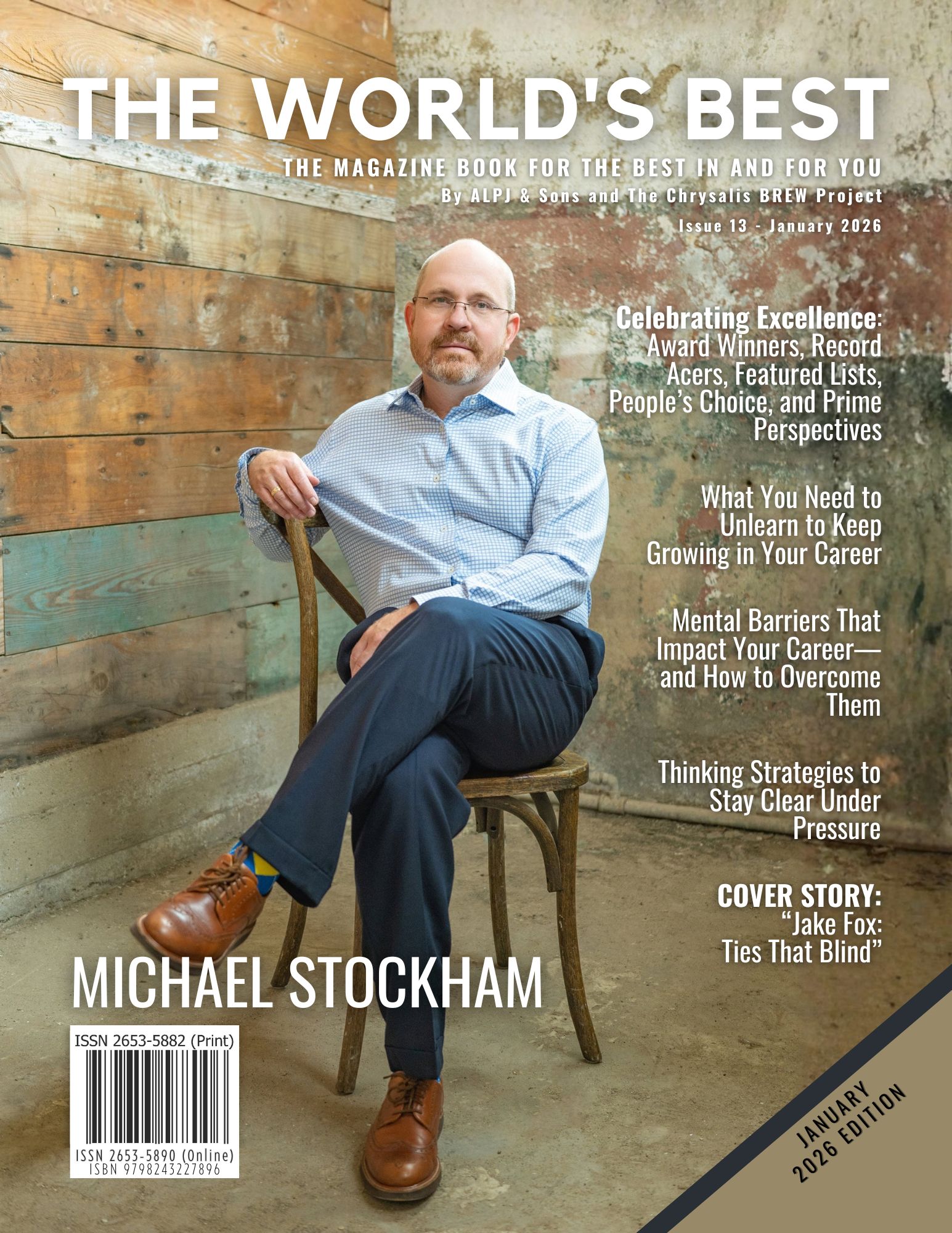


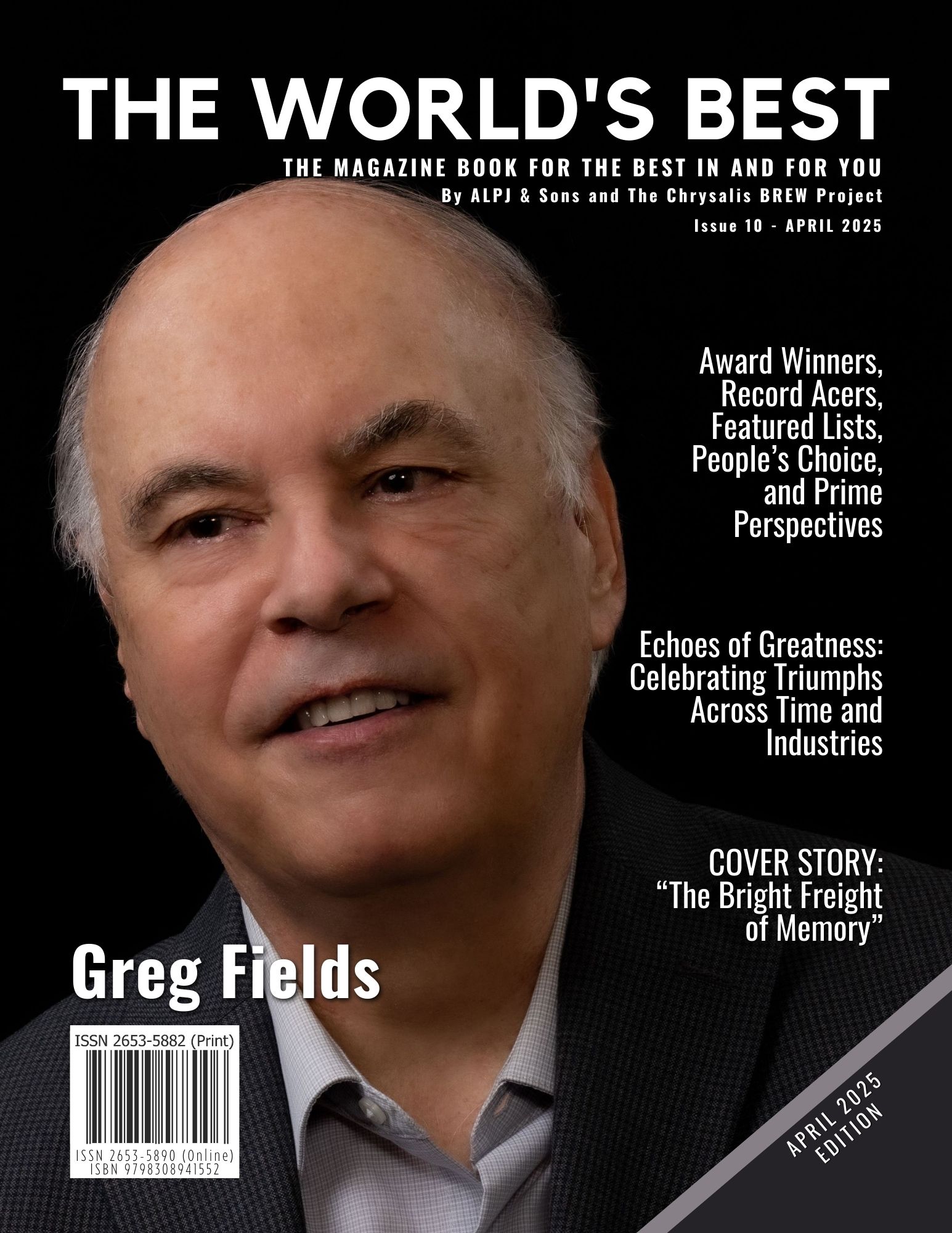
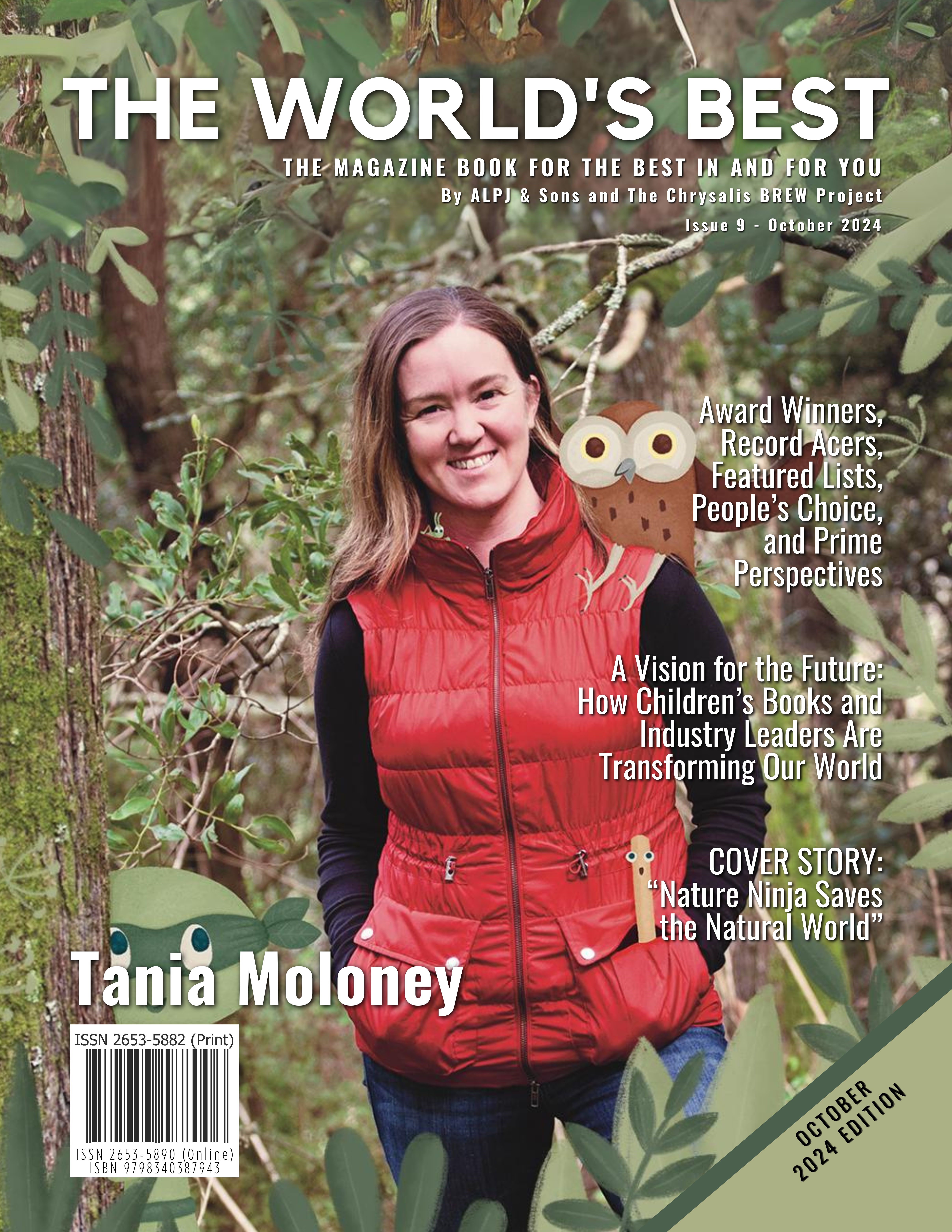
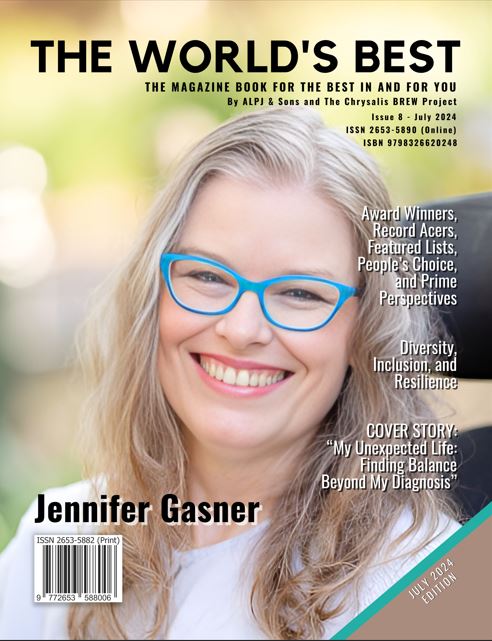
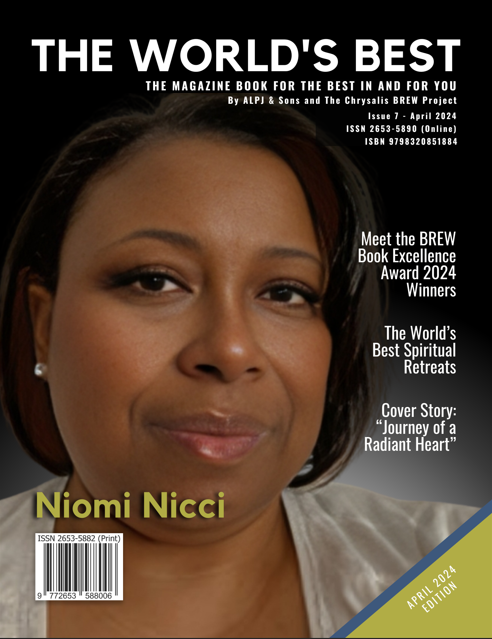







I do, indeed, hate how I sound in recordings, and I talk insanely fast. I found these tips super helpful.
LikeLiked by 2 people
It’s completely normal to feel self-conscious about how we sound in recordings, especially when we’re used to hearing ourselves differently in our heads. Speaking quickly can be a challenge too, but with practice and some helpful tips, you can gradually improve your pacing and delivery. I’m glad you found the tips helpful! Remember, progress takes time, so be patient with yourself as you work on refining your speaking skills.
LikeLiked by 2 people